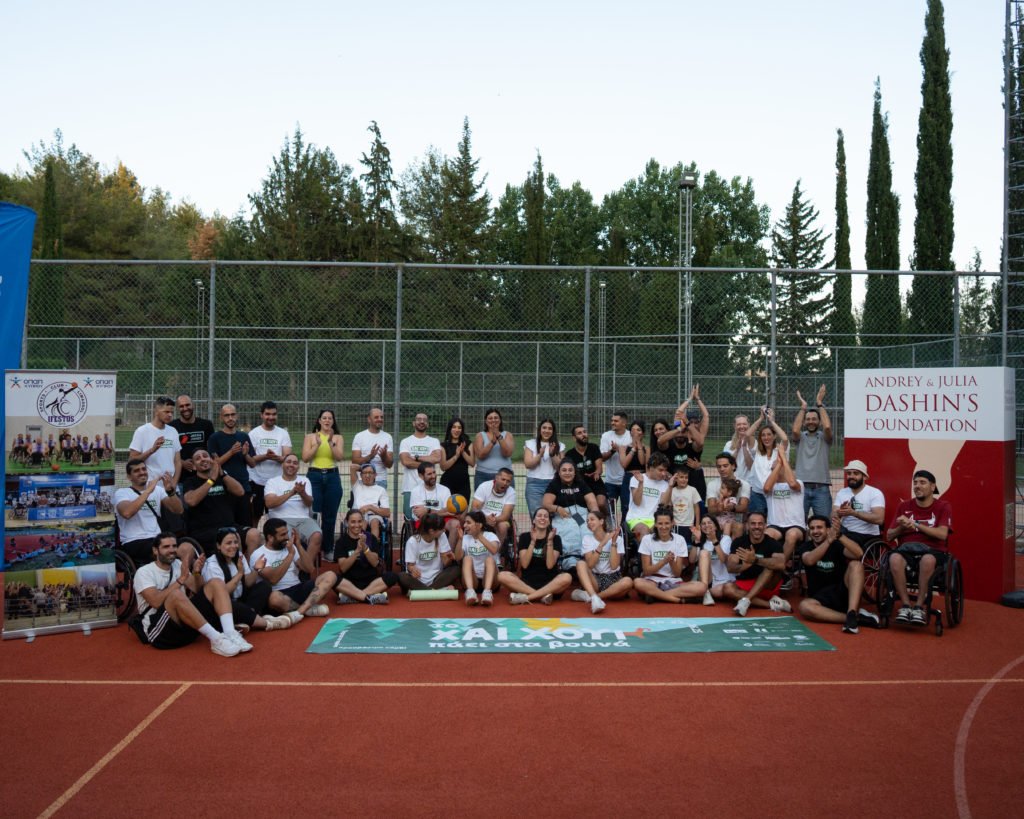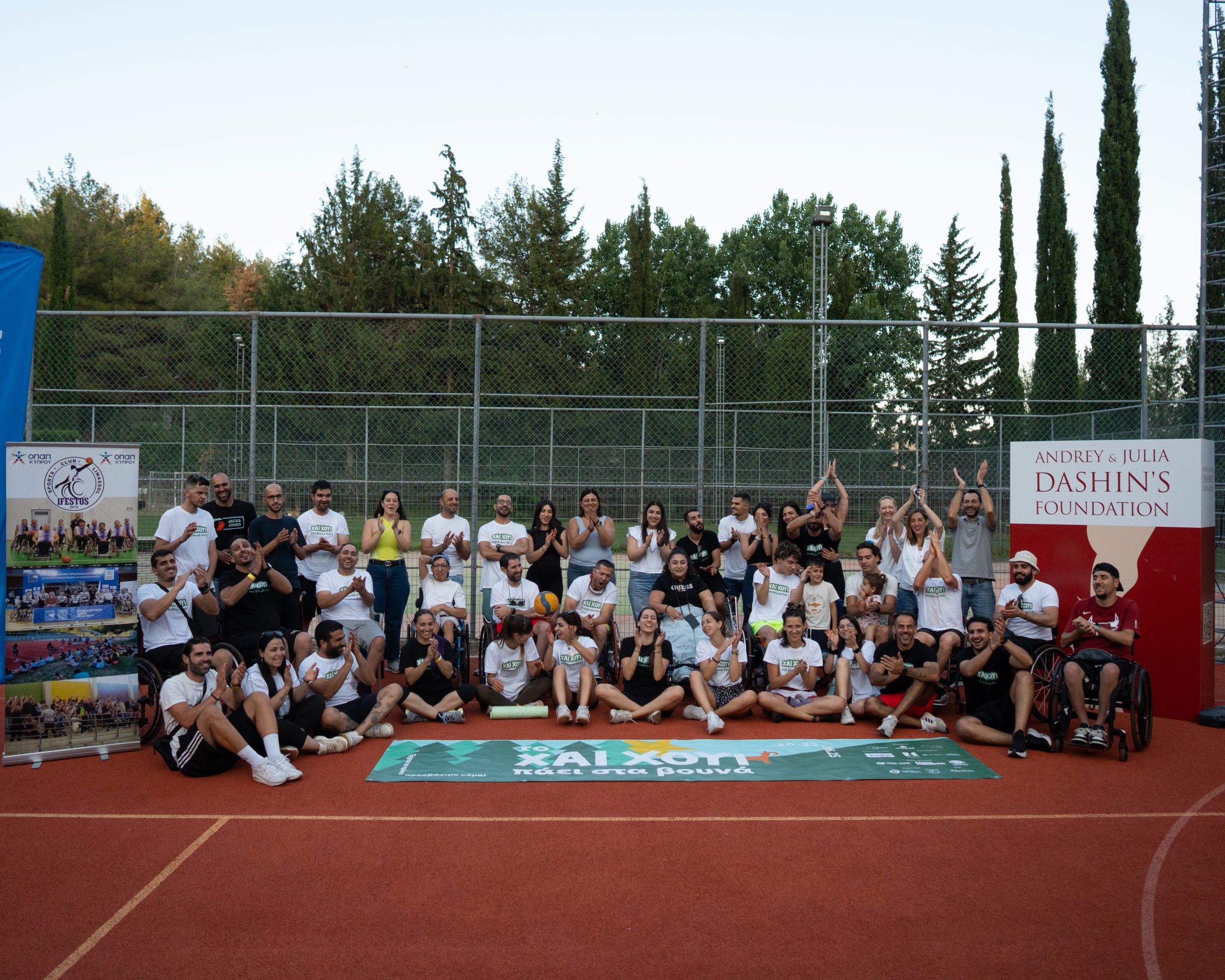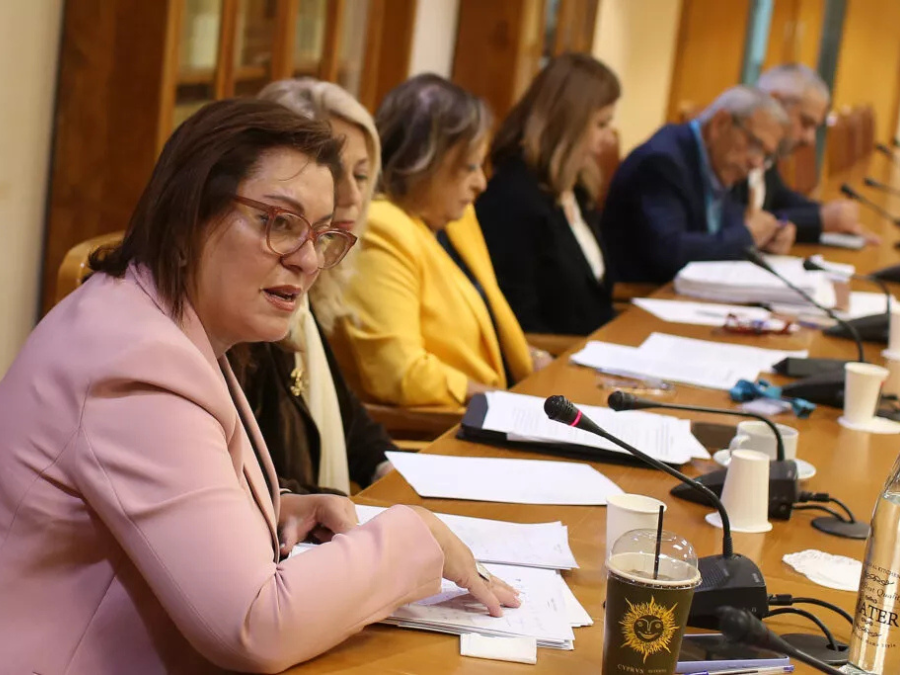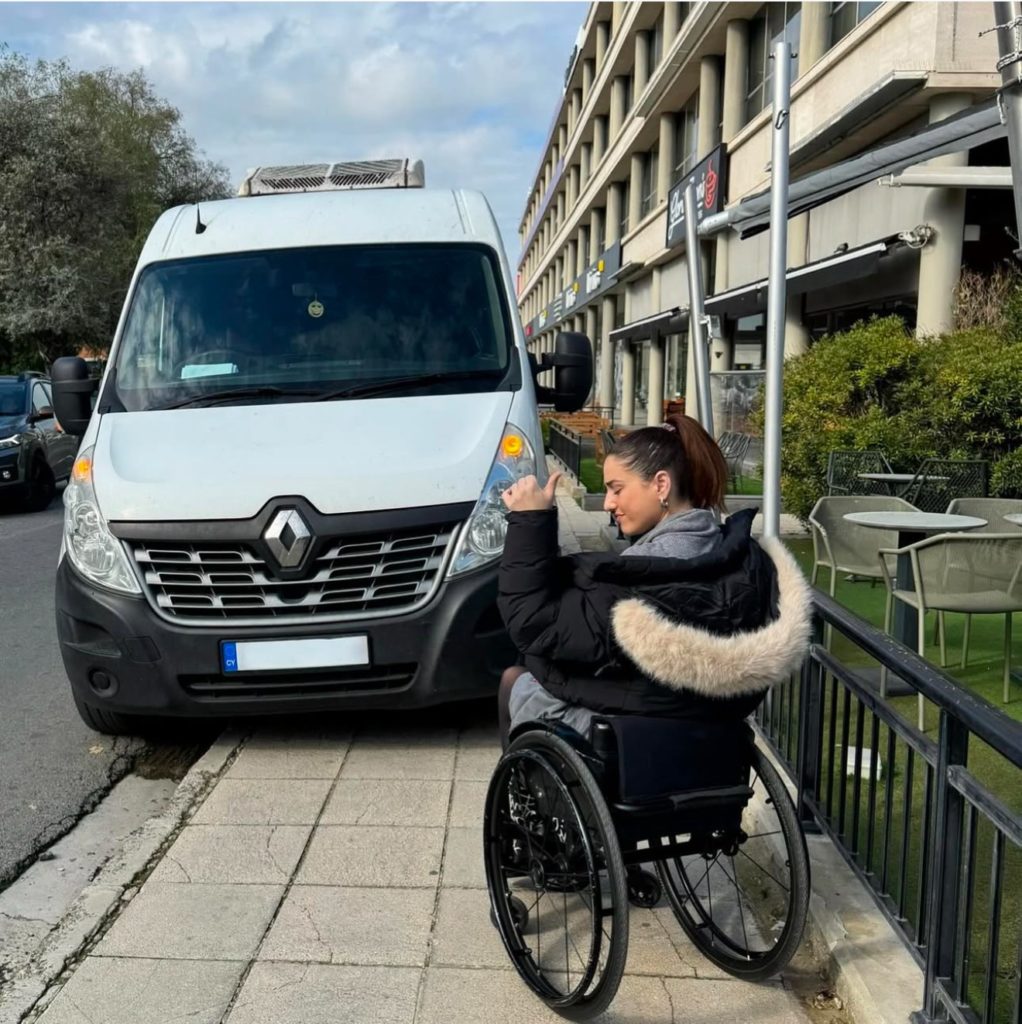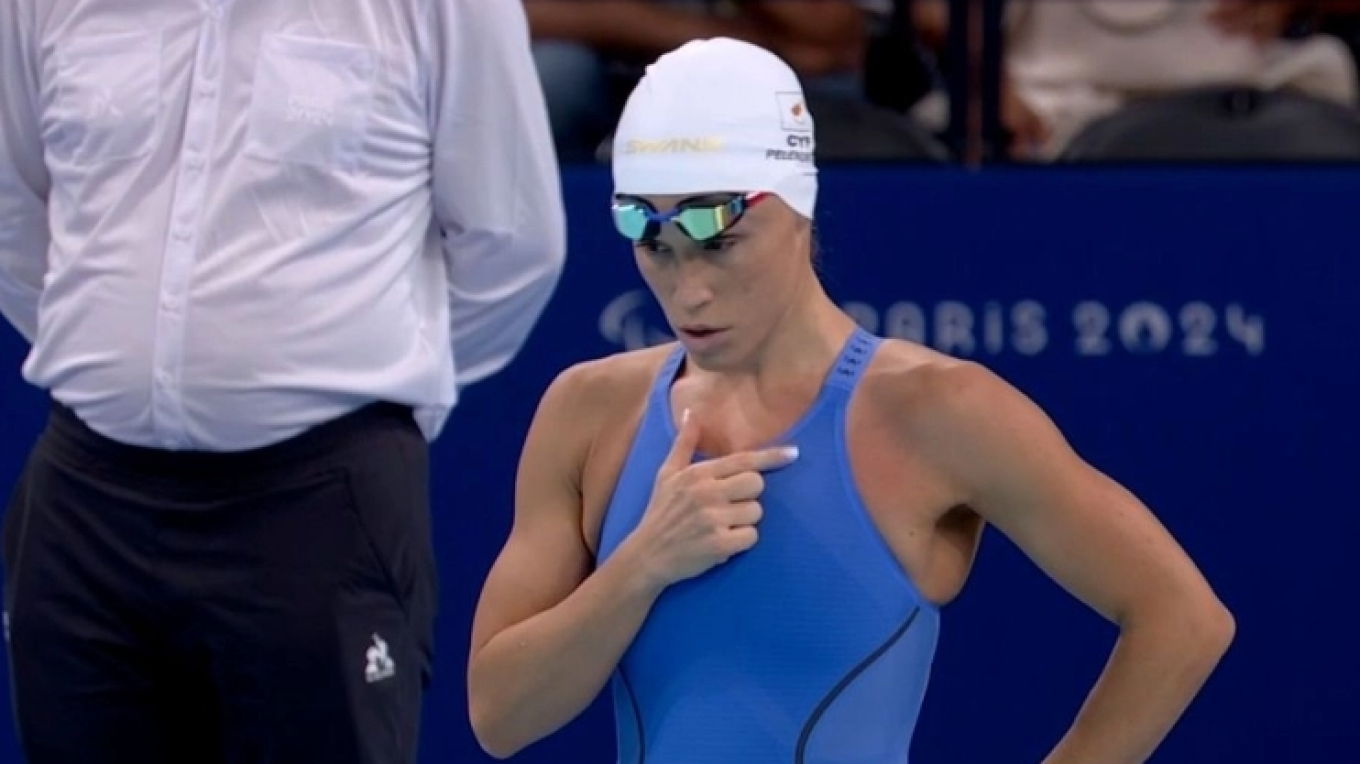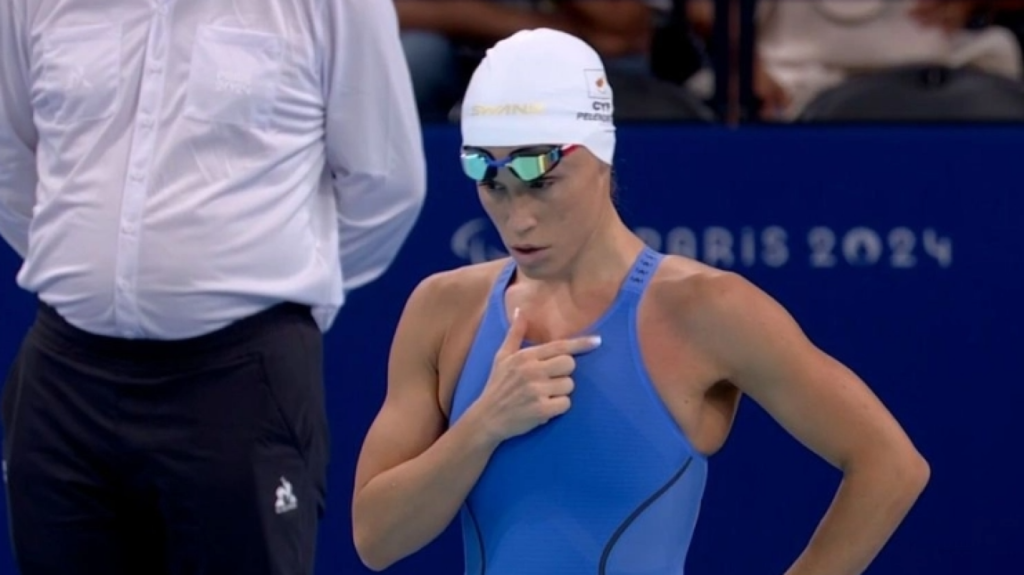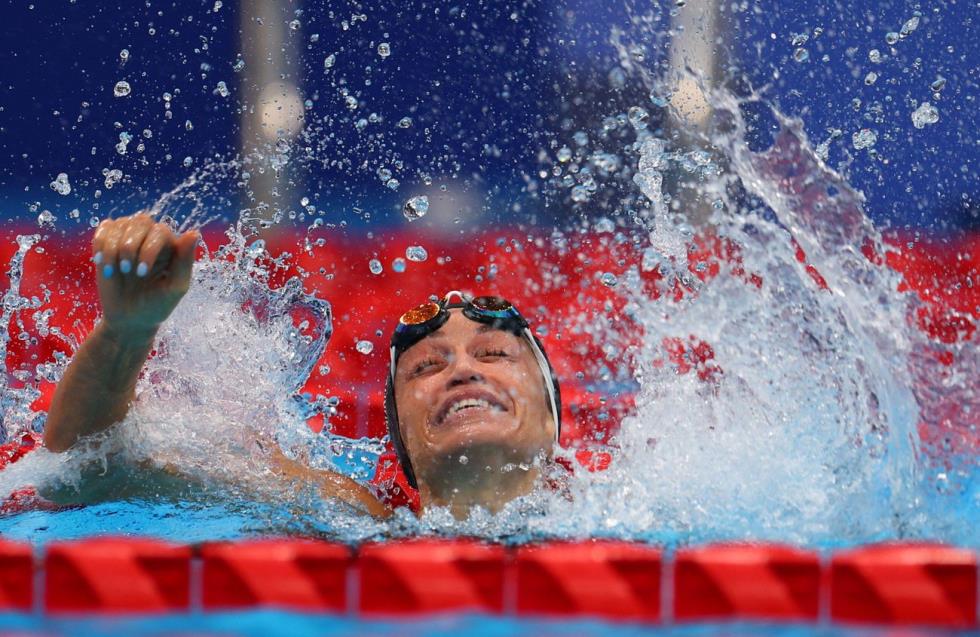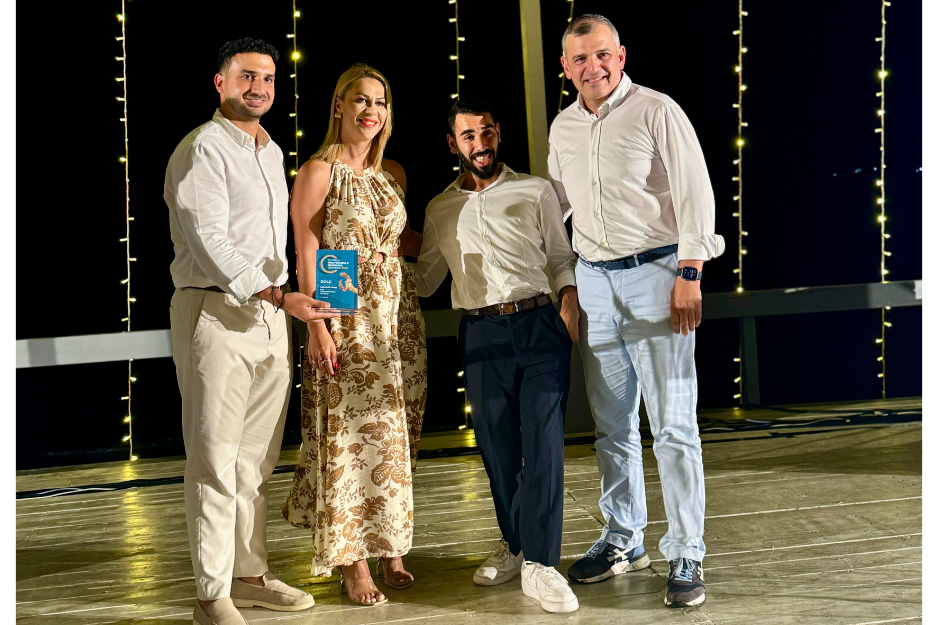The overwhelming majority of the Parliament rejected a proposed law to increase the extrajudicial fine for parking in parking spaces designated for disabled persons by non-entitled individuals, from €300 as it stands today to €500. Four members of Parliament voted in favor, 35 against, with one abstention. The relevant proposal was submitted by MP Andreas Apostolou of the EDEK party.
The proposal that was rejected also provided that in case of repetition of the offense, the person who illegally parked would be subject to prosecution, with provisions for imprisonment for up to one year and/or a fine of up to €3,000 euros.
Speaking in the plenary session, Members of Parliament noted that the existing fine is sufficiently deterrent, while the need for additional measures beyond extrajudicial fines for better compliance was emphasized.
The proposer of the bill, MP Andreas Apostolou, stated that he does not believe he has more sensitivity than those who do not support the proposal. He noted that his proposal was supported by all the relevant authorities called to the Transportation Committee.
He expressed the opinion that there is no justification for this particular violation, as those who commit it are consciously not parking in another parking space.
He also stated that he does not believe that compliance can only be achieved through increased fines, emphasizing the need for better policing, empathy, and education on the matter. Furthermore, he welcomed the Minister of Transport’s intention to introduce legislation in the near future for measures such as towing vehicles and removing license plates. He added that he himself will submit further legislative proposals for people with disabilities soon.
MP Alexandra Attalidou also supported the bill, emphasizing the importance of respecting parking spaces for people with disabilities, whose independent mobility, she said, is crucial. She also advocated for additional measures, involving education and campaigns.
MP Christos Orfanidis of DIKO opposed the increase in the extrajudicial fine, stating that it is the beginning of a series of legislative proposals for changes in the law that provide for increases in fines for traffic violations.
He noted that an increase in a fine should occur when there is a surge in violations, and in this case, there has been a 60% decrease in complaints since 2019.
He emphasized the need for penalties to be proportional, stating that imposing such a high fine could be devastating for some families. He also mentioned that he proposed to the competent Minister the towing of vehicles, which, however, has not yet been implemented. Additionally, he characterized as populism reports he heard in the media suggesting that only those who support the proposal should be voted for in the European elections, stating that sensitivities are not a personal matter.
MP Stavros Papadouris of the Movement for Ecologists – Cooperation mentioned that some will not tolerate others invoking more sensitivities than any other colleague. He noted that there has already been an increase in penalties for the issue twice, from €85 to €300, and in the first session of the relevant Committee on the matter, both the Legal Service and the Police and the Ministry of Transport stated that further increases in penalties no longer help.
He emphasized the need for other measures such as towing of vehicles and removal of license plates, stating that both Mr. Orfanidis and himself made this recommendation to the competent Minister, who told them that they cannot proceed with these measures now. He also noted that for someone who has financial means, the increase in the fine will not make much difference, but for a vulnerable household, it creates a survival problem.
MP Marinos Mousiouttas of DIKO – Cooperation stated that in the Transportation Committee, there are still 8 proposals, most of which involve relaxing the existing measures. He mentioned that he submitted an intermediary proposal through an amendment, suggesting that the fine be increased by €100 for the first offense and €200 for the second offense, in order to reconcile opposing views. However, he said that even if his amendment is rejected, he will vote in favor of the bill. It is noted that Mr. Mousiouttas’ amendment was also rejected by the plenary.
MP Zacharias Koulias of DIKO stated that the Parliament has already passed strict legislation for a €300 fine. He also opposed large administrative fines and said, “We have gone too far on this issue.”
MP Valentinos Fakontis of AKEL stated that everyone is sensitive to the issue; however, fines should be proportionate and not have a devastating effect on society during difficult times.
He also noted that the state has much more to do before the parliament institutionalizes fine increases, such as implementing better traffic controls to curb illegality, improving the marking of disabled parking spaces, and addressing the issue of parking on sidewalks and pedestrian crossings. Additionally, he suggested that the money from fines should be spent on education to foster prevention.
The MP of DISY, Fotini Tsiridou, mentioned that there has been significant improvement with the existing penalties, and she does not believe that further draconian measures should be imposed. Regarding the second part of the proposal, she stated that the goal should not be to burden the courts with more cases on this matter. She emphasized the need for campaigns and better marking of disabled parking spaces. She also noted that the DISY government was the first to introduce a national strategy for people with disabilities.
MP Dimitris Dimitriou of DISY stated that raising awareness cannot solely rely on fines, as there are other measures that can be implemented, such as vehicle towing. He also mentioned that some might suspect Mr. Apostolou brought forward this proposal because he is a candidate for the European Parliament, but he clarified that he doesn’t believe such claims, as Mr. Apostolou has consistently been sensitive to these issues over time.
In response, Mr. Apostolou stated that the amendment in question was submitted on October 5, 2023, long before he even considered running for European Parliament.
The Member of Parliament for the Greens, Charalambos Theopemptou, mentioned that if there were good public transportation, this discussion would not be
Member of the AKEL Party, Georgios Loukaidis, stated that sensitivity is demonstrated in action in various ways, and that the €300 fine is sufficiently deterrent.
ΚΥPΕ

